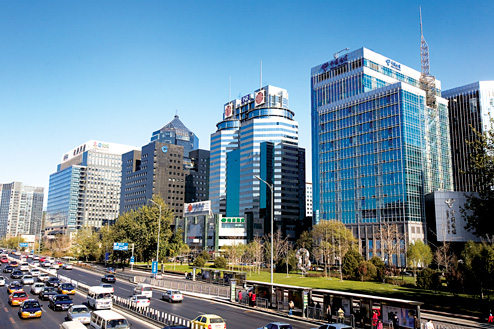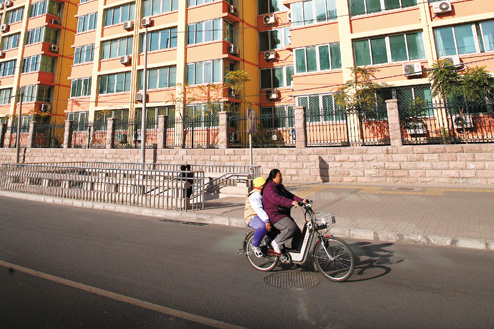Legal Issues
With the economic reform that began in the late 1970s, China started to reform its legal system. It is still in a period of transition, with laws still being refreshed and revised. The evolving system has drawn on a mish-mash of influences, including western and Asian law, Chinese tradition and the government’s desire for a ‘socialist market economy’.
The National People’s Congress, dominated by the Communist Party, is the highest lawmaking body in the land, though cities and administrative regions set local laws. The influence the Communist Party has on how laws are implemented varies from region to region. While its influence is usually significant, there are also signs of emerging judicial independence. Some lawyers at western companies say the process is becoming more fair. As a rule of thumb, if you’re unsure of the legality of something then steer clear. As in most countries, ignorance of the law is no defence. For most expats, the main contact with the authorities will be getting a resident’s permit, or if you are trying to set up your own company. Beijing is a relatively crime-free city for westerners, particularly as the majority stick to well-trodden expat areas. Should you run into legal difficulties, the first steps should be to contact your embassy or consulate, and then a lawyer.
The National People’s Congress, dominated by the Communist Party, is the highest lawmaking body in the land, though cities and administrative regions set local laws. The influence the Communist Party has on how laws are implemented varies from region to region. While its influence is usually significant, there are also signs of emerging judicial independence. Some lawyers at western companies say the process is becoming more fair. As a rule of thumb, if you’re unsure of the legality of something then steer clear. As in most countries, ignorance of the law is no defence. For most expats, the main contact with the authorities will be getting a resident’s permit, or if you are trying to set up your own company. Beijing is a relatively crime-free city for westerners, particularly as the majority stick to well-trodden expat areas. Should you run into legal difficulties, the first steps should be to contact your embassy or consulate, and then a lawyer.













